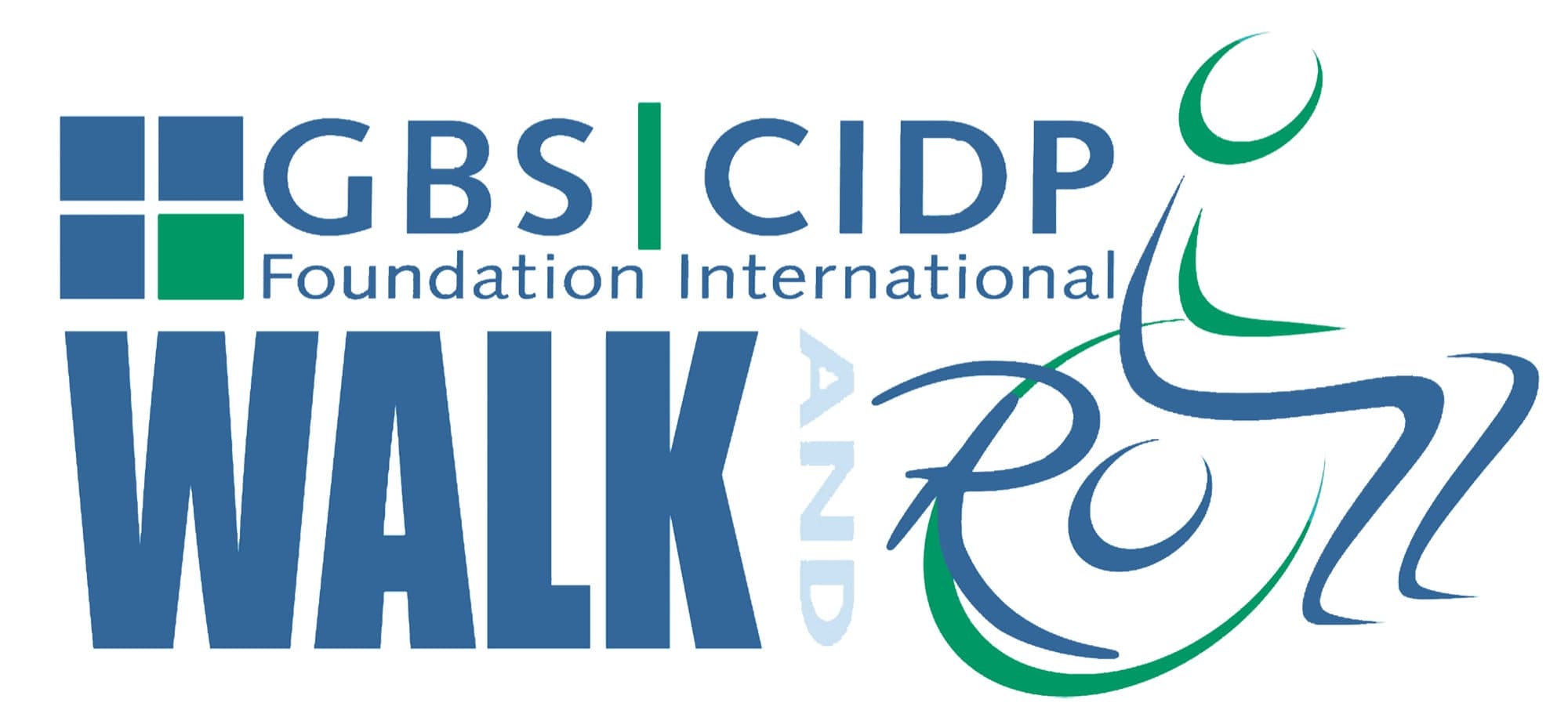By Dr. Julie Rowin
A publication from Dr. Julie Rowin’s Blog Post found at: julierowinmd.com
Our breath sustains us. It not only supplies our cells with life-giving oxygen; the mechanical act of breathing itself is intimately connected to our body’s basic physiology. With every breath in our heart rate increases and with every breath out it slows.
The modulation of respirations, heart rate, blood pressure and digestion are interconnected through the primitive part of the brain called the brainstem and primitive nervous system called the autonomic nervous system. Most of the autonomic nervous system functions are unconsciously controlled. The distinguishing feature of the breath, however, is that we have conscious control over the speed, depth and flow of our breathing. And, by consciously controlling our breath, we can have far-reaching positive effects on other aspects of our autonomic nervous system physiology and our response to stress.
The autonomic nervous system acts like a switch. It is either in ‘rest and digest’ mode or ‘fight or flight’ mode. Consciously slowing and deepening your breathing will ‘flip the switch’ and take you from ‘fight or flight’ to ‘rest and digest’ by slowing your heart rate, decreasing your blood pressure, improving your digestion and calming your mind.
The stress response and breathing are hard-wired in our nervous system. Someone who has trouble breathing will naturally panic just as someone who has a panic attack will naturally feel short of breath.
Did you ever catch yourself holding your breath during a stressful situation? Most of us spend a good deal of the day with shallow chest breathing and when times get stressful we may even unconsciously hold our breath. It follows that shallow chest breathing and breath holding are associated with increased blood pressure, heart rate and anxiety, while the opposite, deep belly breathing, is associated with decreased blood pressure and heart rate, reduced pain and a calm state of mind.
Ancient practitioners of yoga knew that the quality of breath dictates our state of mind. As Westerners, we are just catching up to this. Breathing techniques that slow the breath, concentrating on prolonging the exhale, change brain waves to the alpha rhythm which is a rhythm correlated with relaxation, positive mood and a reduction in the stress hormone, cortisol.1 It follows that breathing exercises are useful in the management of chronic pain.2 And learning to regulate the breath can even decrease performance anxiety and improve work performance in children.3
Your breath is free, travels with you, and can be used as a tool anywhere and anytime to calm and elevate your mood and bring you to the present moment. Practice slowing and deepening your breath into the belly (while relaxing and expanding the belly). Next, concentrate on a slow exhale, without strain, with a slight contraction of the belly.
Do this for a few minutes, elongating the breath as much as is comfortable, several times a day, whenever or wherever you are, in a meeting, in your car, in line at the grocery store, in a heated argument. It will ‘flip your switch’, change your life, and improve your health. It is simple, but powerful.
If you need a reminder, put up a ‘breathe’ sign at your workspace or one on your bathroom mirror.

About Dr. Julie Rowin
Dr. Julie Rowin is a board-certified neurologist, neuromuscular specialist and acupuncturist. She completed her medical school training and Internship in Chicago at Northwestern University Medical School in 1993. She went on to do her Residency and Fellowship training in Neurology, Neuromuscular Medicine and Electromyography at Rush University. She was Assistant Professor of Neurology at Rush University from 1998-2004. Then from 2004-2013, she was Associate Professor of Neurology and founding director of the MDA/ALS Center and MDA Clinics in the College of Medicine at the University of Illinois at Chicago.
Dr. Rowin became interested in Functional Medicine and Acupuncture in 2012 and is currently in private practice in the Chicagoland area. She has obtained additional board certification in Integrative Medicine and Medical Acupuncture. She also has training in Ayurvedic Medicine and Yoga. Her holistic healing approach to the treatment of adult neurological conditions integrates nutrition, acupuncture, mind-body energetics with conventional medical management. Dr. Rowin is a sought-after public speaker, leader, educator and author on the subject of disease prevention and integrative management of neurological and neuromuscular disease. She is a Fellow of the American Academy of Neurology and has been involved in numerous public speaking engagements on the topic of integrative and functional medicine management of neurological and neuromuscular disease.
Footnotes
- Chan AS, Cheung MC, Sze SL, Leung WW, Shi D. Shaolin dan tian breathing fosters relaxed and attentive mind: a randomized controlled neuro-electrophysiological study. Evid Based Complement Alternat Med. 2011;2011:180704.
- Anderson BE, Bliven KCH. The Use of Breathing Exercises in the Treatment of Chronic, Nonspecific Low Back Pain. J Sport Rehabil. 2017;26(5):452-458.
- Khng KH. A better state-of-mind: deep breathing reduces state anxiety and enhances test performance through regulating test cognitions in children. ogn Emot. 2017;31(7):1502-1510.

